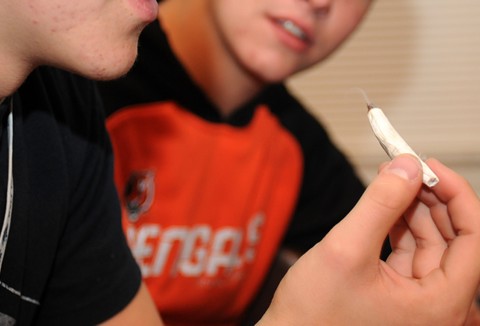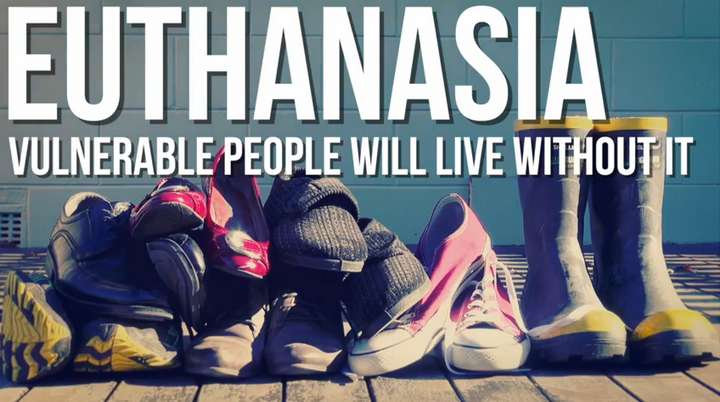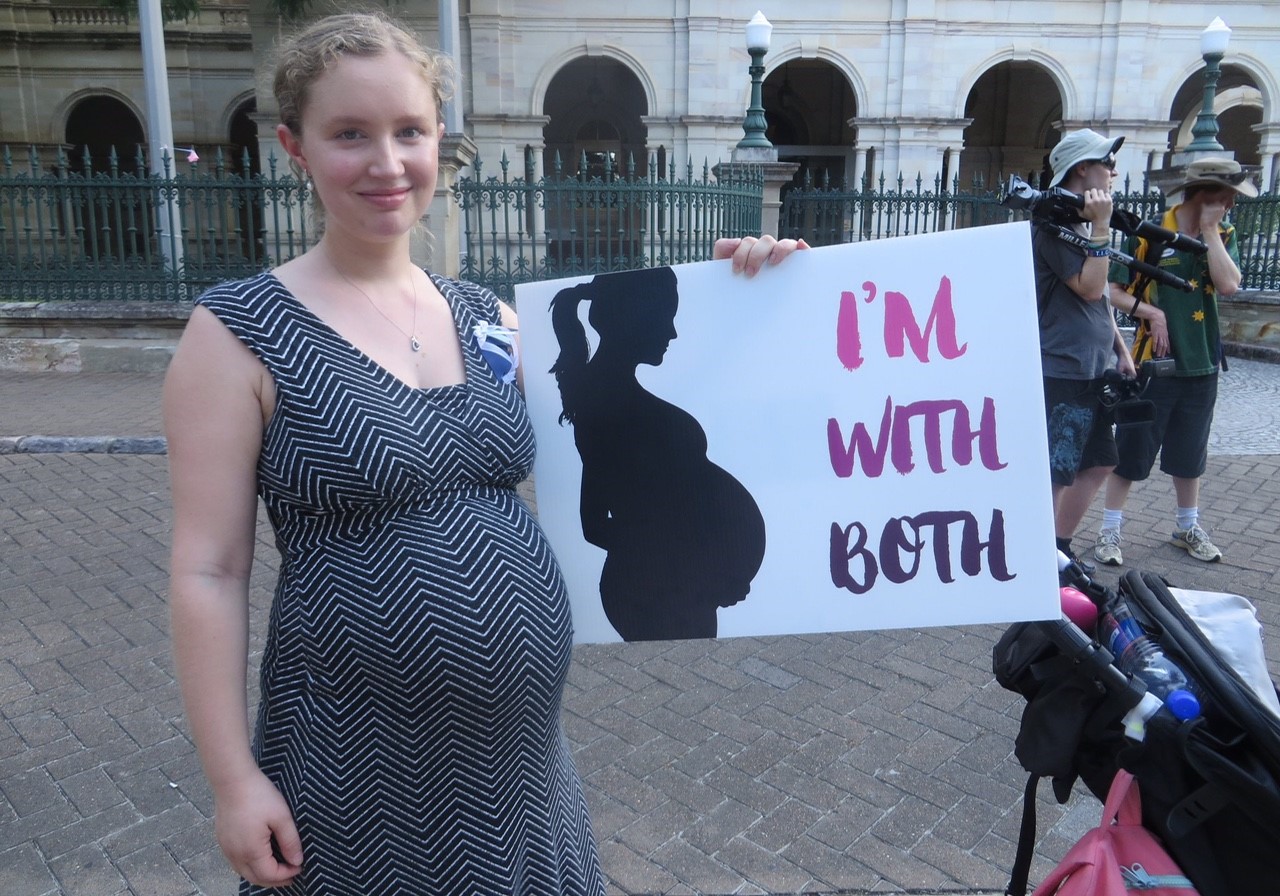Three Key Issues In The Next Three Years
Bob McCoskrie – Christian Life Magazine November 2017
With the new government now determined as a Labour / NZ First / Greens coalition, there are three key family issues that will be debate, and which we need families to speak up on.
Marijuana
 By negotiating a referendum on marijuana, the Green party have done us all a favour by declaring the true intention of marijuana campaigners – full legalisation for personal use. Groups like NORML and the Drug Foundation have used medicinal marijuana and decriminalisation as a smokescreen for the real goal.
By negotiating a referendum on marijuana, the Green party have done us all a favour by declaring the true intention of marijuana campaigners – full legalisation for personal use. Groups like NORML and the Drug Foundation have used medicinal marijuana and decriminalisation as a smokescreen for the real goal.
Legalising marijuana and the rise of Big Marijuana is the wrong path if we care about public health, public safety, and about our young people. There are too many health risks including the effect of marijuana on cognitive ability, cardiac function and psychosis.
Families simply don’t want marijuana plants being grown next door by dope dealers in view of the children, tinnie houses on street corners and pot shops in local shopping areas, or marijuana being disguised as lollies and edibles as has happened overseas. Colorado, for example, has more marijuana businesses than McDonalds and Starbucks combined.
It remains highly ironic that at the same time as we tear the labelling off cigarette packets, price them out of existence, and ban them from being smoked within breathing space of any living creature, supporters of marijuana are peddling the same myths that we believed for far too long about tobacco – that marijuana is harmless. But of course, a new business market is all very exciting – especially one based on addiction. Could our current mental health services cope? They can’t even cope now.
Past chair of the NZMA Dr Stephen Child exposes the paradox that New Zealand finds itself in right now. “How can we tout ‘Smokefree 2025’ while we discuss legalising an inhaled product with more than 100 harmful substances?”
Drug use is both a criminal and a health issue. There is a false dichotomy that criminal sanctions apparently haven’t worked so we should ditch them all together and we should focus only on education and health initiatives. We should maintain both.
The Vote Compass survey run by TVNZ rebuts the spurious and vested interest claims made by NORML and the Drug Foundation that NZ’ers want marijuana laws liberalized (42% in favour, 41% opposed!) An independent 1 NEWS Colmar Brunton poll in July also showed New Zealanders equally divided over the issue.
Statistics obtained from the Ministry of Justice by Family First NZ under the Official Information Act show that less than 10 people have been given a prison sentence for cannabis possession offences in each of the last three years, and that even these sentences may be ‘influenced by their previous offending history’.
While Family First welcomes a cautious approach based on extensive research and appropriate safeguards around medicinal marijuana, any hint of legalising marijuana for just recreational use is the wrong path.
Where do the Government parties stand?
NZ First says that any change must be subject to a referendum, although Winston Peters personally opposes decriminalisation. The Greens want cannabis made legal for personal use, and Prime Minister Jacinda Ardern appears to be undecided on the issue at the moment although does believe in some form of law reform.
Check our website on this issue www.SayNopeToDope.nz
Assisted Suicide / Euthanasia
 One of the main reasons that politicians (both in NZ and in overseas jurisdictions) have rejected attempts to decriminalise assisted suicide / euthanasia is that they realised that ‘safeguards’, while sounding good, would not guarantee the protection required for vulnerable people including the disabled, elderly, depressed or anxious, and those who feel themselves to be a burden or are under financial pressure.
One of the main reasons that politicians (both in NZ and in overseas jurisdictions) have rejected attempts to decriminalise assisted suicide / euthanasia is that they realised that ‘safeguards’, while sounding good, would not guarantee the protection required for vulnerable people including the disabled, elderly, depressed or anxious, and those who feel themselves to be a burden or are under financial pressure.
The international evidence backs up these concerns, and explains why so few countries have made any changes to the law around this issue. There are contradictory messages when society rightly wants to take a zero-tolerance approach to suicide, yet at the same time wants to approve a person taking their life.
The potential for abuse and flouting of procedural safeguards is a further strong argument against assisted suicide. The solution is to ensure a palliative care regime that is fully funded and world class. That’s where the politicians’ focus should be.
The recent inquiry into assisted suicide / euthanasia had 16,000+ submissions (80% of all submissions) opposing assisted suicide / euthanasia.
ACT MP David Seymour’s private members bill to allow assisted suicide will have its 1st Reading on this issue possibly before the end of the year.
Where do the Government parties stand?
While the Labour party don’t have an official policy on euthanasia, our new Prime Minister Jacinda Ardern said that she supports decriminalisation. The Green party have an official party policy to decriminalise assisted suicide, and NZ First has negotiated for Parliament to have a conscience vote on whether David Seymour’s bill should be put to a referendum. (However, NZ First also called for a referendum on gay marriage during that debate, and the proposal was heavily defeated. Politicians don’t appear to like referendums!). Winston Peters says he is undecided on the euthanasia issue.
Check our website on this issue www.RejectAssistedSuicide.nz
Abortion
 During the election campaign, Labour leader Jacinda Ardern said “(Abortion) shouldn’t be in the Crimes Act. People need to be able to make their own decision. I want women who want access to be able to have it as a right.”
During the election campaign, Labour leader Jacinda Ardern said “(Abortion) shouldn’t be in the Crimes Act. People need to be able to make their own decision. I want women who want access to be able to have it as a right.”
The abortion legislation is in the Crimes Act 1961 and in the Contraception Sterilisation and Abortion Act 1977 which was passed in accordance with the recommendations of the Royal Commission on Contraception Sterilisation and Abortion appointed by the Labour government in 1975.
The Royal Commission reported to Parliament in 1977 that; “The unborn child, as one of the weakest, the most vulnerable and most defenceless forms of humanity, should receive protection.”
s187A of the Crimes Act limits abortion to 20 weeks.
Without s187A, abortion becomes legal up to birth.
When pressed on her proposal, Jacinda Ardern said; “We have time periods already set out in the law and I am not proposing changes to that. I am proposing it comes out of the Crimes Act.”
Whilst the Prime Minister has rejected the most extreme proposal of abortion to birth put forward by abortion pressure group ALRANZ (Abortion Law Reform Association of New Zealand), headed up by American abortion lobbyist Terry Bellamak, she has still committed to weakening New Zealand’s abortion laws, and is still providing very little detail on how this would work in practice.
Contrary to misrepresentation by pro-abortion groups, any New Zealand woman who has an abortion under the current legislative guidelines and protections is not committing an illegal act, and is therefore not considered a criminal. This claim is simply false scaremongering aimed at deceiving people into supporting the introduction of an extreme abortion law in New Zealand. The existing safeguards are there to protect women from unlicensed premises and coercion.
Our ultimate goal is to make abortion ‘unthinkable’!
Where do the Government parties stand?
While the Labour party don’t have an official policy on abortion, our new Prime Minister Jacinda supports decriminalisation. The Green Party policy is to decriminalise abortion. NZ First believes abortions should be safe, legal and rare, and that any change must be subject to a binding referendum. Winston Peters is personally opposed to decriminalisation.
Check our website on this issue www.ChooseLife.nz






